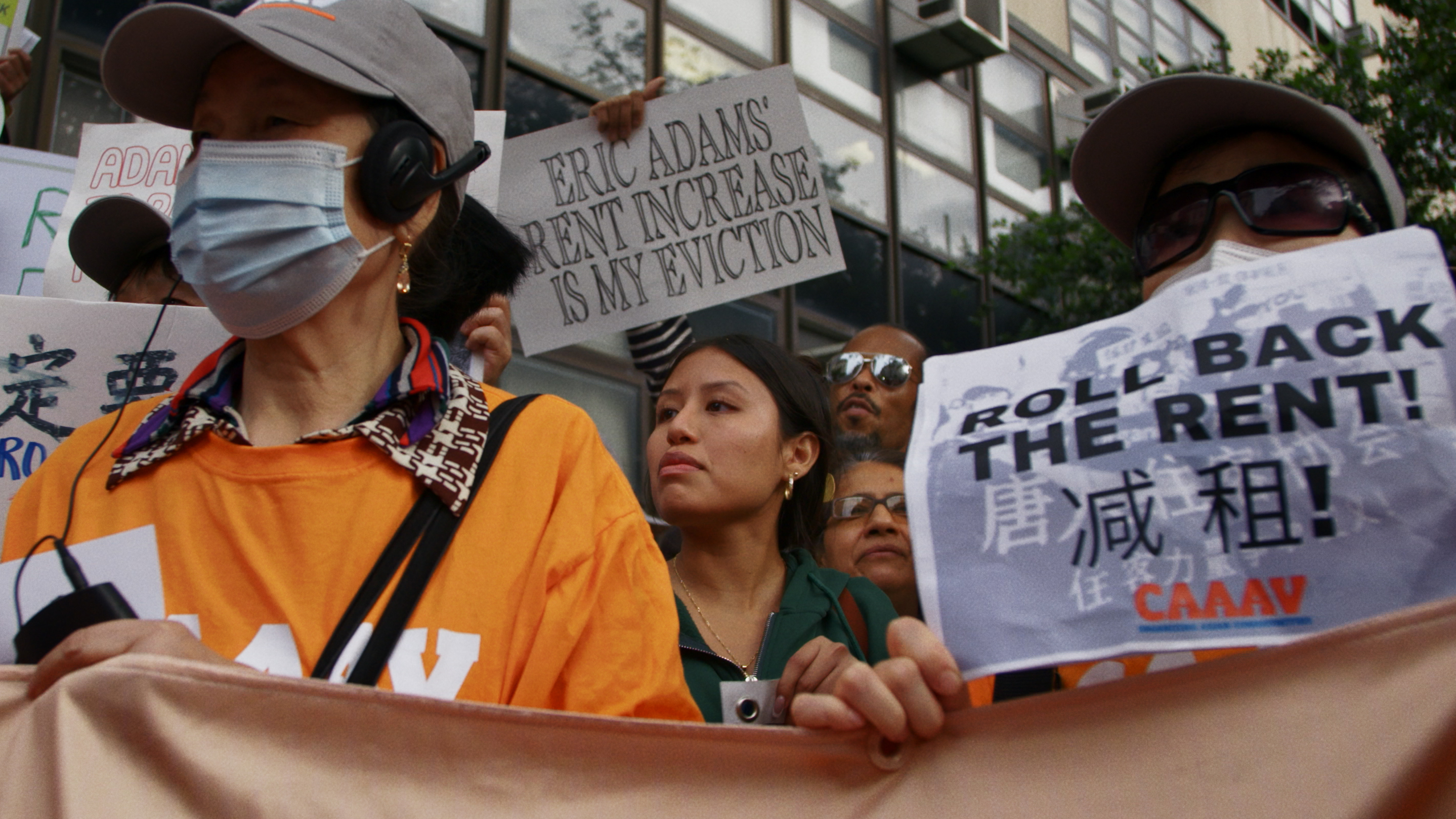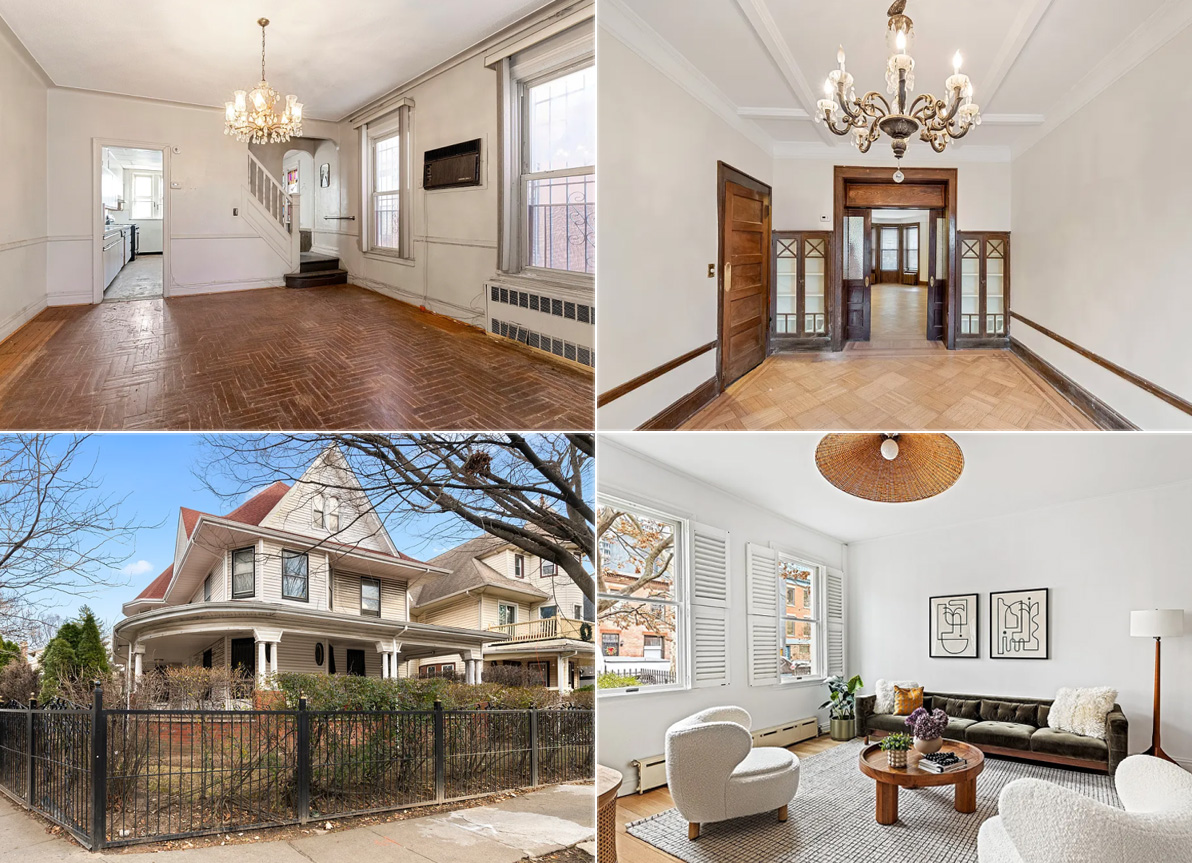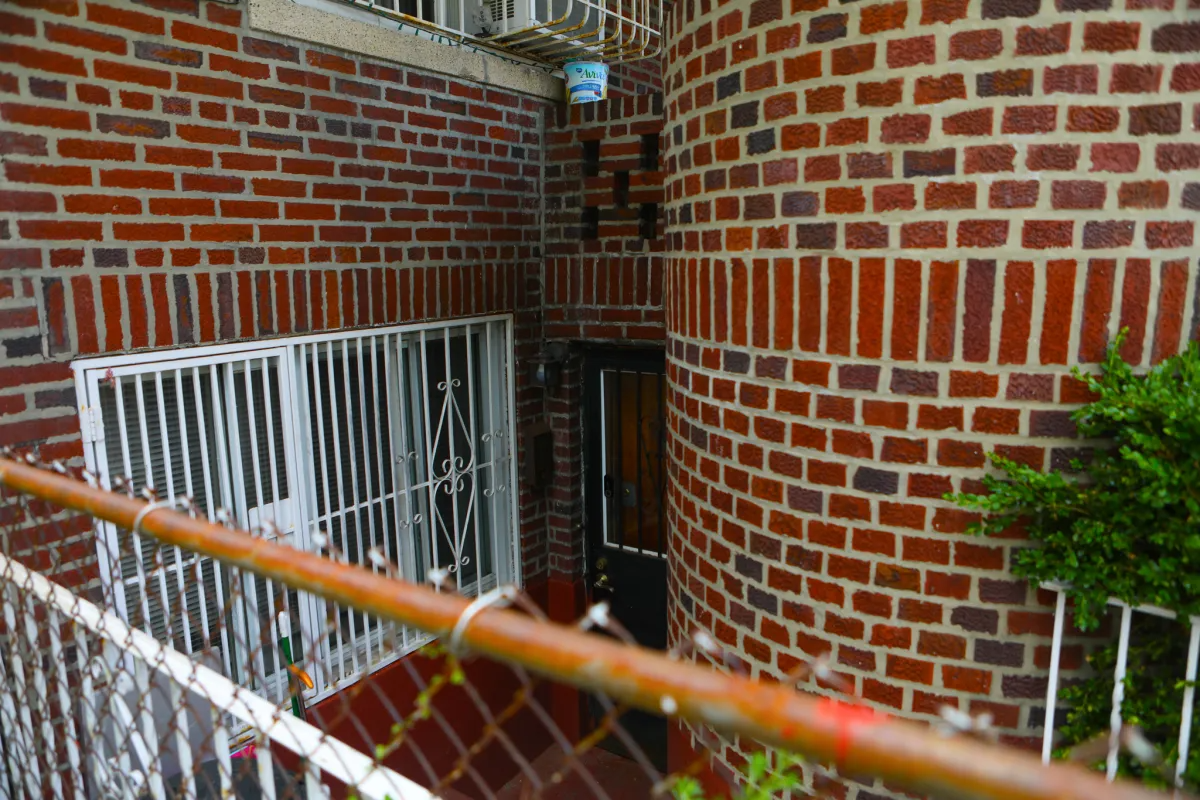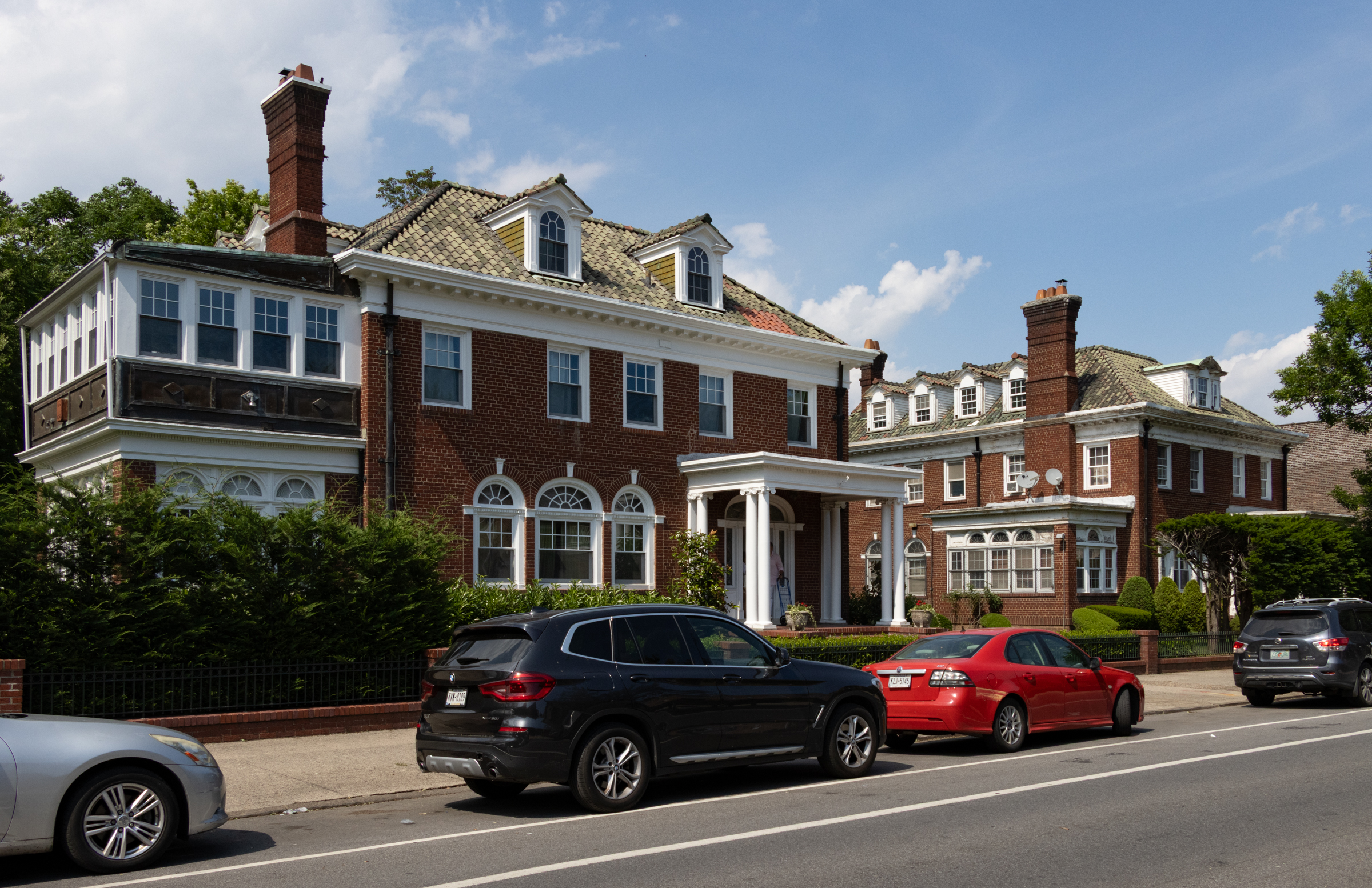Fed Cuts Discount Rate, Markets Rejoice
Everyone knew the Fed was considering cutting rates, but its half-point shave of the discount rate before markets opened this morning surprised investors, who responded by driving up the Dow 300 points. According to The Times, the move increases the possiblity that the Fed Funds rate could be cut before the next scheduled meeting on…
Everyone knew the Fed was considering cutting rates, but its half-point shave of the discount rate before markets opened this morning surprised investors, who responded by driving up the Dow 300 points. According to The Times, the move increases the possiblity that the Fed Funds rate could be cut before the next scheduled meeting on September 18, something that could have big implications for the housing market. For now, though, the question is what, if any, psychological impact this cut will have on the real estate market, here and around the country.
In Surprise Move, Fed Cuts Key Rate [NY TImes]





the building, a one story structure, is condemned, and will have to come down. The most likely replacement is apartments with retail on the first floor, but its now been years, and, well, short of some bizarre legal battle as to ownership, I don’t get it…
i’m dying to know the answer to that one also, brooklyncouch.
i heard there was a fire many years ago, but that entire block of 7th between union and berkeley is a nightmare for storefronts. former zuzu’s is shuttered along with that building across the way next to the park diner as well.
and then a store sitting for rent from berman for months now next to the liquor store.
tangent: can anyone explain the economic motivation for the condemned building formerly occupied by Zuzu’s Petals sitting fallow for so many years?
“Which doesn’t mean, on some emotional level, I would not love to see a few real estate offices close on Seventh Avenue and replaced by real stores ;-)”
Ummm, there are already about 20+ empty storefronts on Seventh Avenue between Flatbush and 9th Street. Don’t hold your breath waiting for those new stores until the owners of those spaces get a bit less greedy on the rents.
Second class citizens? I would argue that there is more smarts, more vision in Brooklyn than Manhattan, per capita, as well as overall.
re the 1980’s real estate market, you completely fail to recognize the factors that have driven, and are driving the real estate market in brownstone-dominated Brooklyn; its not a bubble, its the advent of the possibility of not having to move to the suburbs to be an adult/have a family. Its also the maturing of American culture to the point where quality of life is more important than quantity (space).
In other words, short of major catastrophic terrorism or war, Brooklyn (and NYC in general) isn’t going to experience a major, sustained downturn any time soon; probably not for decades.
I would really like to know how much of the pessimism expressed in this thread is held by the same nuts who think the economy isn’t good (nationally), or that “the deficit” is out of control, or any of the other fake maladies associated with the political left.
Sure, prices may not keep going up rapidly, or go up at all, but things are good, and will continue to be good for the foreseeable future.
Which doesn’t mean, on some emotional level, I would not love to see a few real estate offices close on Seventh Avenue and replaced by real stores 😉
“If they’re so damn smart and can look in their big economic crystal balls, why are they living in Brooklyn and posting on a blog and not living large in a nice big townhouse on the Upper East Side with better things to do like count their billions? Hmmmmm???”
Wow! That’s quite a comment. I guess one must be a second class citizen if they’re living in Brooklyn. Talk about being old-school.
This thread is a good example of why I stay away from the armchair Bernankes and stick to the threads about important things like sump pumps, termites and gardening.
I say to Mr. B, please keep the economy threads coming so the Gordon Gekko wannabes will spend all their time exerting their egos here and will leave the other threads to people who don’t have some damaged-ego point to prove or some economics fetish.
It’s not like ANY of them know what the hell they’re talking about.
Want proof? If they’re so damn smart and can look in their big economic crystal balls, why are they living in Brooklyn and posting on a blog and not living large in a nice big townhouse on the Upper East Side with better things to do like count their billions? Hmmmmm???
I agree with 8:58, and would only add … tell that to the New Yorkers who bought in 1987. At the time, the average price for a 1-3 bedroom home/condo was $450k. It dropped to $250k by 1992 (45% drop in 5 years, more if you figure in inflation). The price didn’t go back up to $450k until 1997, and didn’t reach the inflation-adjusted level until 2001. So if you bought in 1987, your investment was either down or flat for almost 15 years.
Doesn’t anyone here read curbed.com too? They had a link to the graph below on Friday. All info from the graph except inflation, which I looked up with a CPI calculator.
http://www.observer.com/2007/bloombergs-dour-graph-waiting-nycs-decline
“BTW – NY market will suffer some setbacks in this current environment, but it will never ever be “kaput”! Not ever!”
Tell that to the folks who owned housing in Houston in the mid 80’s, in California in the early 90%, and in Japan during the entire 90’s decade. Yeah, it’s different this time and housing never goes down.